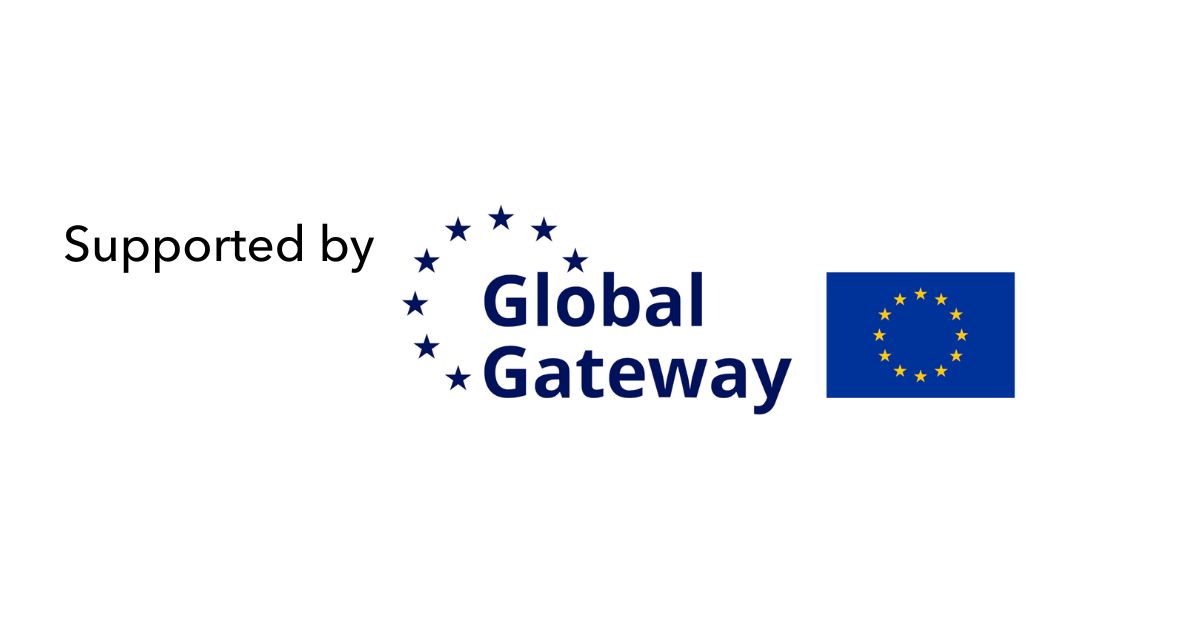- Nerijus Šarnas
- Rūta Jašinskiene
- Ghazi Mabrouk
Introductory


Description
The Zero Trust Architecture (ZTA) approach is rapidly emerging as a pivotal trend in cybersecurity, particularly for the protection of Critical Information Infrastructure (CII). Unlike traditional security models relying on perimeter defense, ZTA operates on the principle of "never trust, always verify," ensuring that every access request is continuously authenticated and authorized.
This training course will cover the principles and benefits of ZTA through a series of instructor-led sessions. Examples of controls to implement, monitor and improve cybersecurity based on ZT principles will also be analyzed.
By understanding the principles of ZT, policymakers and CII regulators can proactively contribute to robust national cybersecurity by developing comprehensive control measures for all components of CII IT infrastructure, considering the latest cybersecurity achievements at the national level.
With the generous support of the Global Gateway Initiative of the European Union, this course is offered for free for selected participants.
This training course is intended for policy makers, CII regulators responsible for cybersecurity strategy, cybersecurity controls and requirements development. The training is also open to CII operators/owners, including CISO, and IT middle managers.
The training course is open to applications from all interested professionals, irrespective of their race, ethnicity, age, gender, religion, economic status and other diverse backgrounds. We strongly encourage registrations from female applicants, and applicants from developing countries (includes least developed countries, small island developing states, and landlocked developing countries).
Members of the above-mentioned target population are invited to apply for the training if they meet the following criteria:
- Have basic knowledge of cybersecurity.
- Hold an undergraduate degree in a relevant field or have a minimum of three years of cybersecurity-related experience.
- Possess a fluent level of English.
- Complete the application questionnaire and attach an up-to-date CV.
- Government officials and policymakers from developing countries, particularly women, are encouraged to apply.
- Selection will be conducted by the course organizers, who will consider the above entry requirements along with an analysis of the application questionnaires and the CVs of all applicants.
Upon completion of this course, participants will be able to:
- Explain ZT principles and its enabling infrastructure and ecosystem for government agencies.
- Examine the reasons and benefits of implementing the Zero Trust Architecture.
- Analyze examples of control measures to implement, monitor, and improve cybersecurity based on ZT principles.
- Conduct simple assessments based on the ZT Maturity Model.
The course consists of 8 modules and is divided into 4 online sessions, one session per week. Each online session lasts 3 hours and 30 minutes with a 15-minute break. All necessary course materials and additional resources (if any) will be provided through the ITU Academy platform.
To ensure maximum engagement and retention, the 4MAT teaching methodology will be utilized in all sessions. This involves interactive discussions on a topic, practical exercises, discussions to identify learning points, and individual note-taking to reflect on relevant habits that can be changed moving forward. At the end of each day, a review will be conducted to reinforce the key takeaways.
Below are the dates and times of the live sessions:
- 14 October 2024 (14:00 -18:00 CEST)
- 17 October 2024 (14:00 -18:00 CEST)
- 21 October 2024 (14:00 -18:00 CEST)
- 24 October 2024 (14:00 -18:00 CEST)
Participants will be graded based on their final exam score (max. 60% of the total) and their active participation in the online lectures (max. 40% for lecture attendance, 10% per lecture). A total score of 70% or higher is required to obtain the ITU certificate.